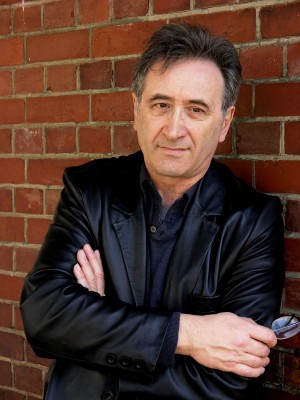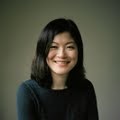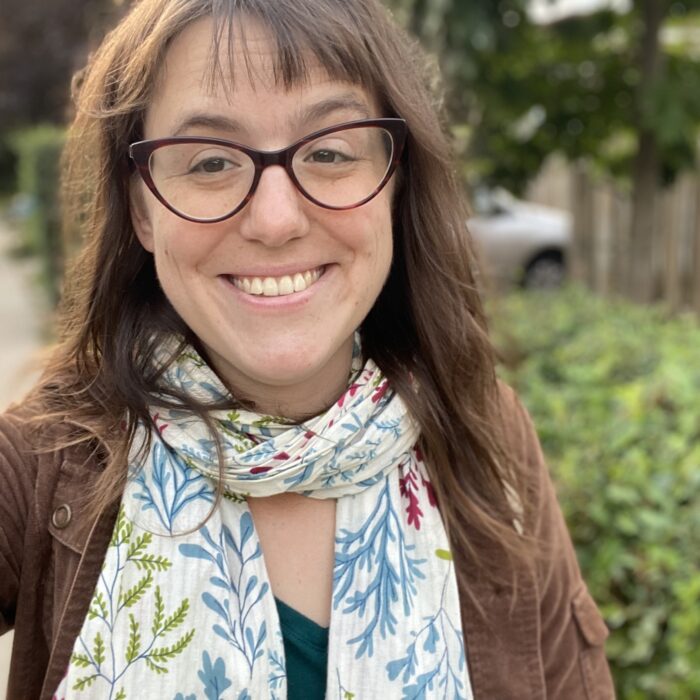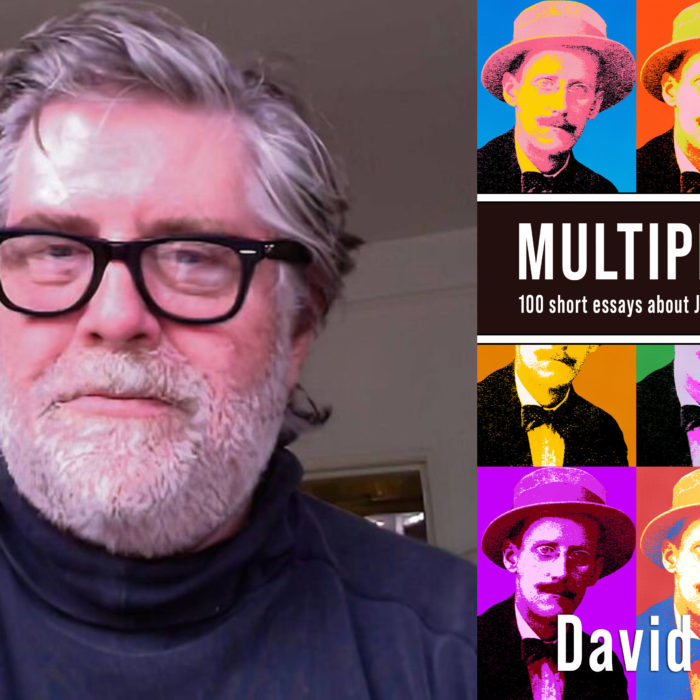You have no items in your cart. Want to get some nice things?
Go shoppingPoet George Szirtes was born in Hungary and emigrated to England with his parents after the 1956 Budapest Uprising. He was brought up in London and studied fine art in London and Leeds. The T.S. Eliot Prize-winner’s latest books include The Burning of the Books and Other Poems and Bad Machine, both published by Bloodaxe Books. He has translated Hungarian poems, novels, plays and essays into English, and his own works have been translated into a number of languages. He maintains a blog at www.georgeszirtes.co.uk and tweets at @George_Szirtes.
Who are your literary influences?
At the beginning there was Rimbaud, John Donne, and through Martin Bell, T.S. Eliot, always the Europeans. They entered my work in some ways, all diversions and integrations. Auden was like a mountain…Wallace Stevens, Berryman, Elizabeth Bishop, Louis MacNeice. The mid to late 20th century American voice was more approachable. There was something about English poetry that I could never be part of.

What do you think identity is?
It is what’s natural for you to do. One could try identities and some seem to fit and some seem not to fit. Some seem uncomfortable. You have to say to yourself, ‘I belong to something too!’
Do you consider England as home? What is Hungary to you nowadays?
This is very hard to answer. The crude answer is neither and both. As many people in our time will know there are places where one settles and may grow to love. There are obstacles to both Hungary and England, but I write in a variation of the standard UK form of English language (I have no choice in that) and therefore belong where such poetry is written and read. I think I could well have been an American had we gone there in 1956. I instinctively feel at home with a number of 20th century American poets.
What are your favourite countries and why?
There are two countries to which I am historically and biographically attached, England and Hungary. Both are full of experiences in depth. Other places don’t occupy the same level of imagination and memory but remain impressions and scraps of learning. It is less the countries than local histories and specific places within a country that exercise an effect. Budapest underlies everything else for me. That doesn’t mean it is exactly a favourite. I like seas, lakes and rivers. I prefer hills to mountains or plains. I like changeable weather better than long periods of settled weather.
Anywhere you’d dream of going and haven’t yet?
I feel I should go to South America. I have relatives there but have never been. I have travelled widely and to some unexpected places like India, China, Iraq and Malaysia. I don’t have an overwhelming desire to go anywhere as such. I am restless in my head, not in my legs.
Your blog combines poetry with journalism – how do you go about blogging and how do you find the reader response?
I try to keep up a daily blog, but it has become harder since the travelling increased and because I have a presence on Facebook and Twitter too. All these things present themselves as potentially literary places, so they are essentially part of my work as a writer. The blog has been running since 2005 and has touched on topics from poetry and translation through to politics, religion and sport. People respond chiefly to politics (I occasionally write pieces on the subject for newspapers too) and that is what gets most reader comment. Sometimes they are rude. Sometimes they correct me. Sometimes they add something to the subject but giving their own experience. All fine by me.
What advice do you have for young writers?
I recommend play because play involves improvisation rather than earnest agendas. It is by playing that one gets into deep waters. Then there is reading, intense listening, and not to have too firm a sense of your own centrality. Look to enjoy, not to censure.

About Jennifer Wong
Jennifer Wong is a Hong Kong-born Chinese author now living in the UK. She is the author of two poetry collections including Goldfish (Chameleon Press) which explores the borders between Chinese and western culture. She has studied English at Oxford and creative writing at the University of East Anglia and is a recipient of the Hong Kong Young Artist Award (Literary Arts) this year. Photo image by Tereza Cervenova



